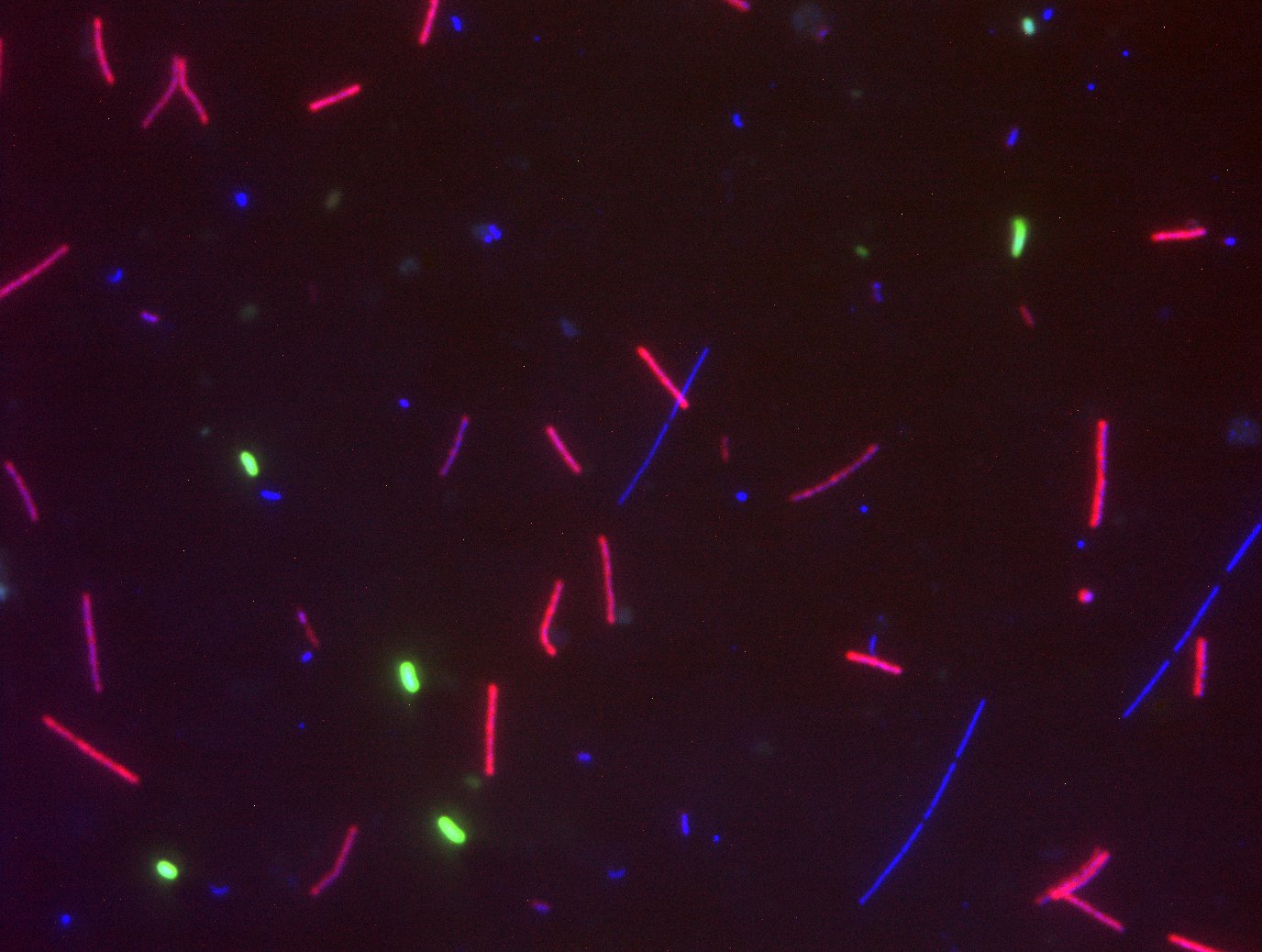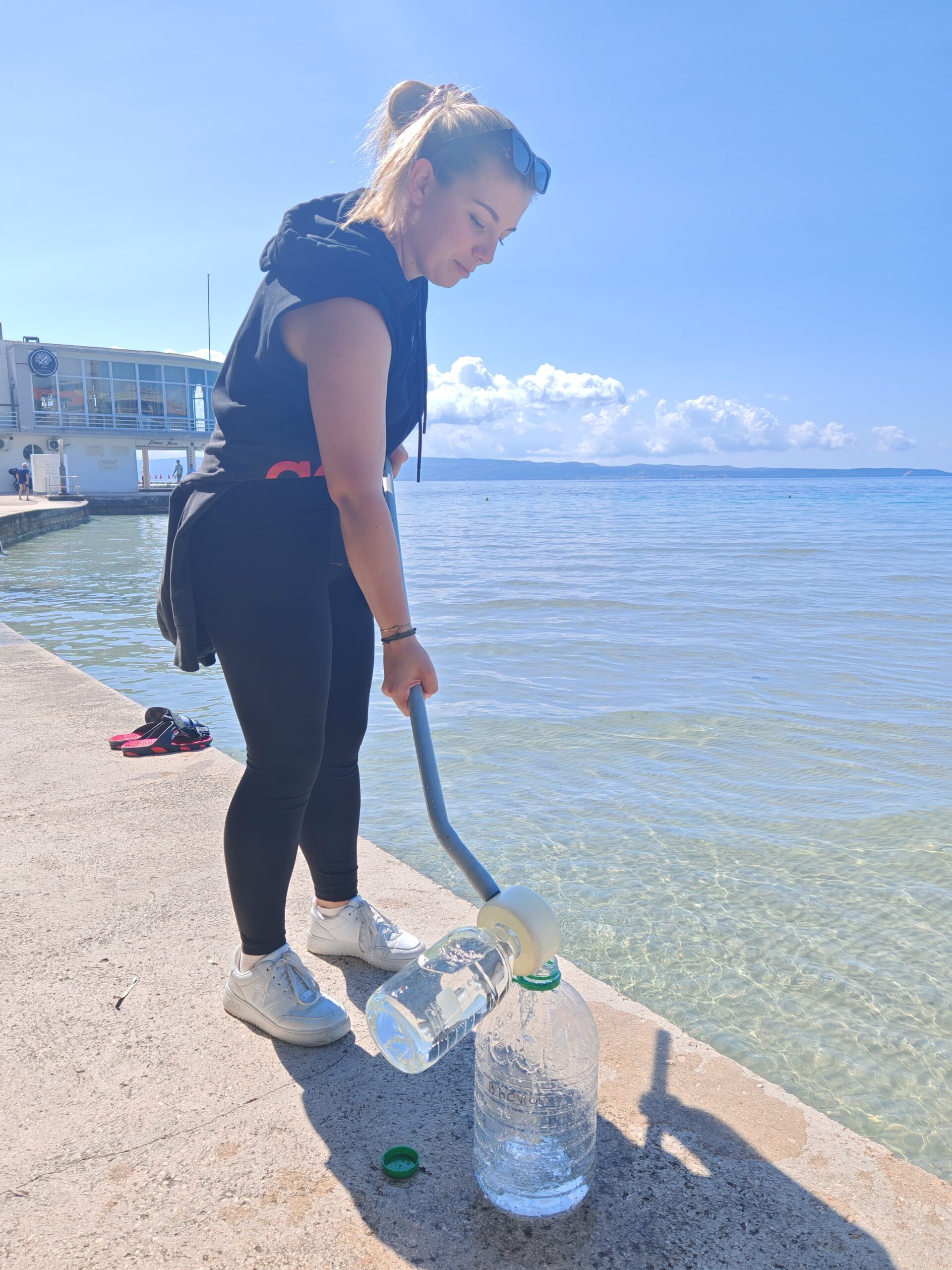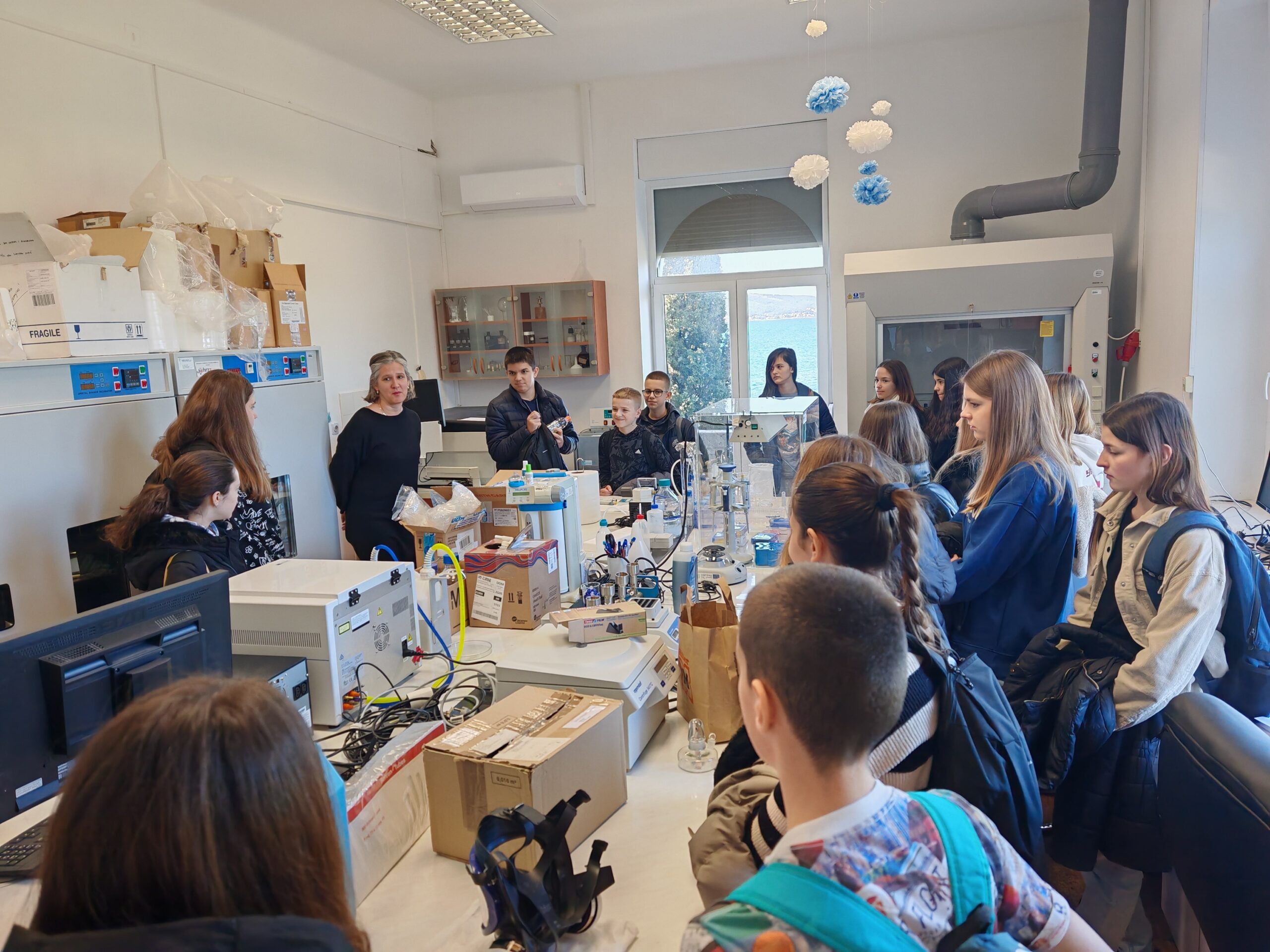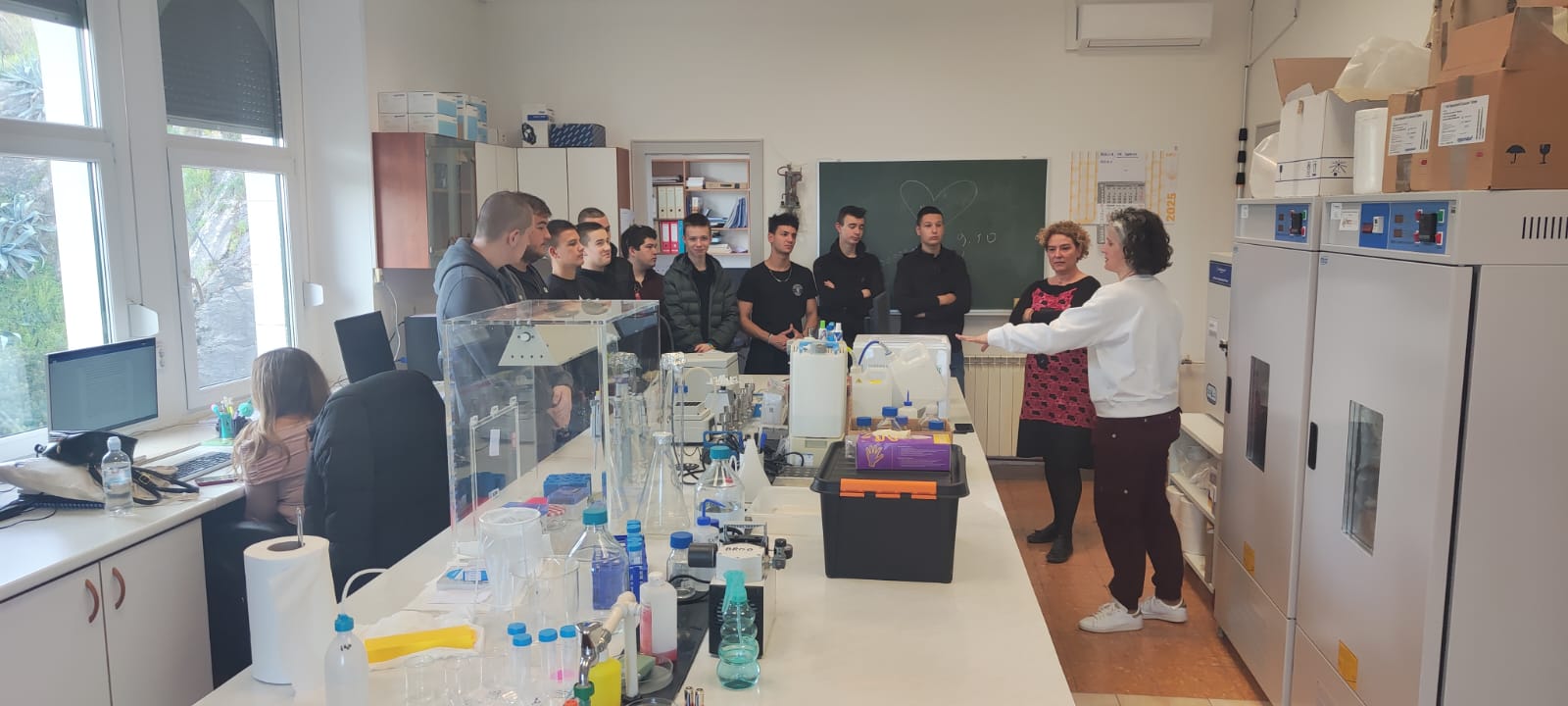TITLE:
Microorganisms as Indicators of the State and Changes in the Marine Environment
Funding:
National Recovery and Resilience Plan 2021-2026
ACRONYM:
MICROS
DURATION:
2024-2027
PROGRAM:
National Recovery and Resilience Plan 2021-2026
Microorganisms as Indicators of the State and Changes in the Marine Environment (MICROS)
Marine ecosystems service key processes in the biosphere. They are under pressure from global climate change, eutrophication, and various forms of pollution. Indigenous microorganisms are one of the most important components, encompassing various physiological groups. The indigenous microbial community represents the foundation of life in the sea and is the first to respond to environmental disturbances, making the study of its structure and functioning of paramount importance for detecting and monitoring long-term changes in the marine ecosystem. Pressure on the marine environment is also evident from pollution by allochthonous microorganisms, primarily from untreated and partially treated household wastewater, which affects the microbiological quality of coastal waters, including bathing waters. The abundance of indicator allochthonous bacteria is directly related to the level of risk to humans. Monitoring them is important for assessing environmental conditions, protecting human health (bathers), and maintaining economic competitiveness.
The project will be carried out through two modules:
1) Ecology of indigenous microorganisms, aimed at determining the structural characteristics of the indigenous microbial community on spatial (different marine environments), trophic (along trophic gradients), and temporal (monthly, interannual, and multiyear) scales, as well as the responses of structural features of the microbial food web to environmental changes, such as eutrophication and global warming.
2) Sanitary aspect of the marine environment, aimed at determining the sources, origins, and dynamics of fecal pollution in coastal areas.
Early recognition of these changes is crucial for the environment and is essential for introducing protective measures by creating environmental protection policies and incorporating this issue into relevant legislative acts.
Project team
News

The MICROS project has started
The implementation of the MICROS project ‘Microorganisms as Indicators of the State and Changes in the Marine Environment’ has begun. The project is funded through the National Recovery and Resilience Plan 2021-2026 and will last for 4 years. On this page, you will be able to follow our activities and the progress of the project.

Seawater and Sediment Sampling Initiated
The first year of seawater and sediment sampling for the study of autochthonous and allochthonous microorganisms has been completed. Within the framework of the MIKROS project in 2025, sediment sampling was carried out at three locations in the wider Split area: Gojača, Bačvice, and Podstrana. The samples were collected for microbiological analysis and tested for the presence of fecal indicator bacteria Escherichia coli and intestinal enterococci, as well as potentially pathogenic bacteria Shigella spp. and Salmonella spp.

Visit of Students from Prof. Filip Lukas Elementary School
Students were introduced to the fundamentals of marine microbial ecology and presented with instruments employed in laboratory and field research.

Visit of Students from the Split Secondary Vocational Technical School
As part of their curriculum, students from the Secondary Vocational Technical School visited our laboratory. They were briefly introduced to the instruments used in our research.

The European Union finances – NextGenerationEU. The views and opinions expressed are solely those of the author and do not necessarily reflect the official positions of the European Union or the European Commission. Neither the European Union nor the European Commission can be held responsible for them.